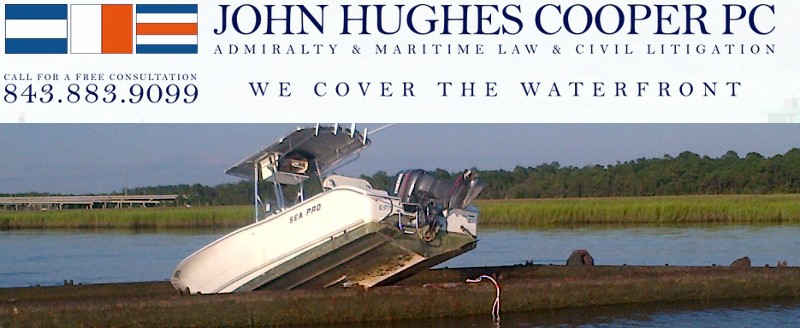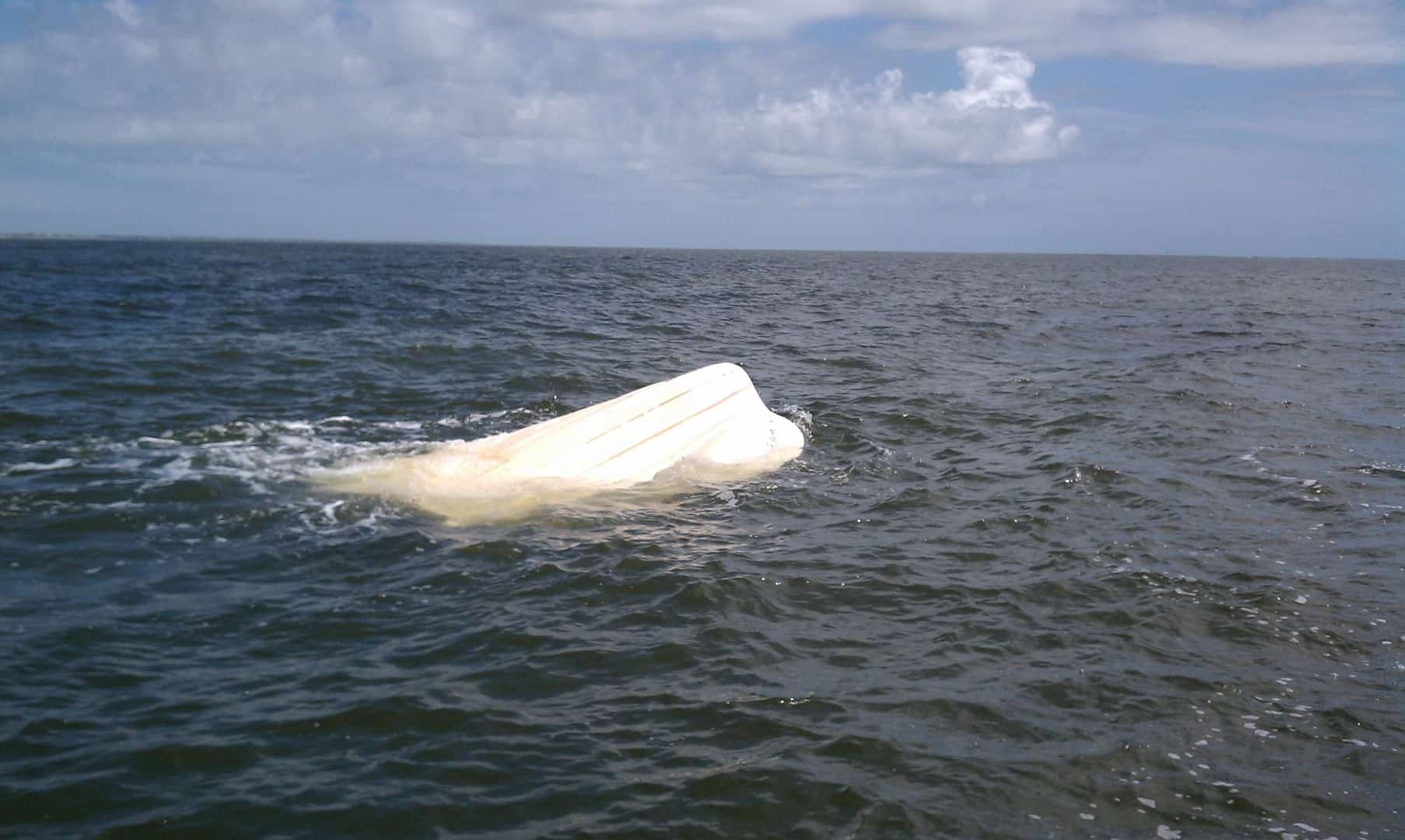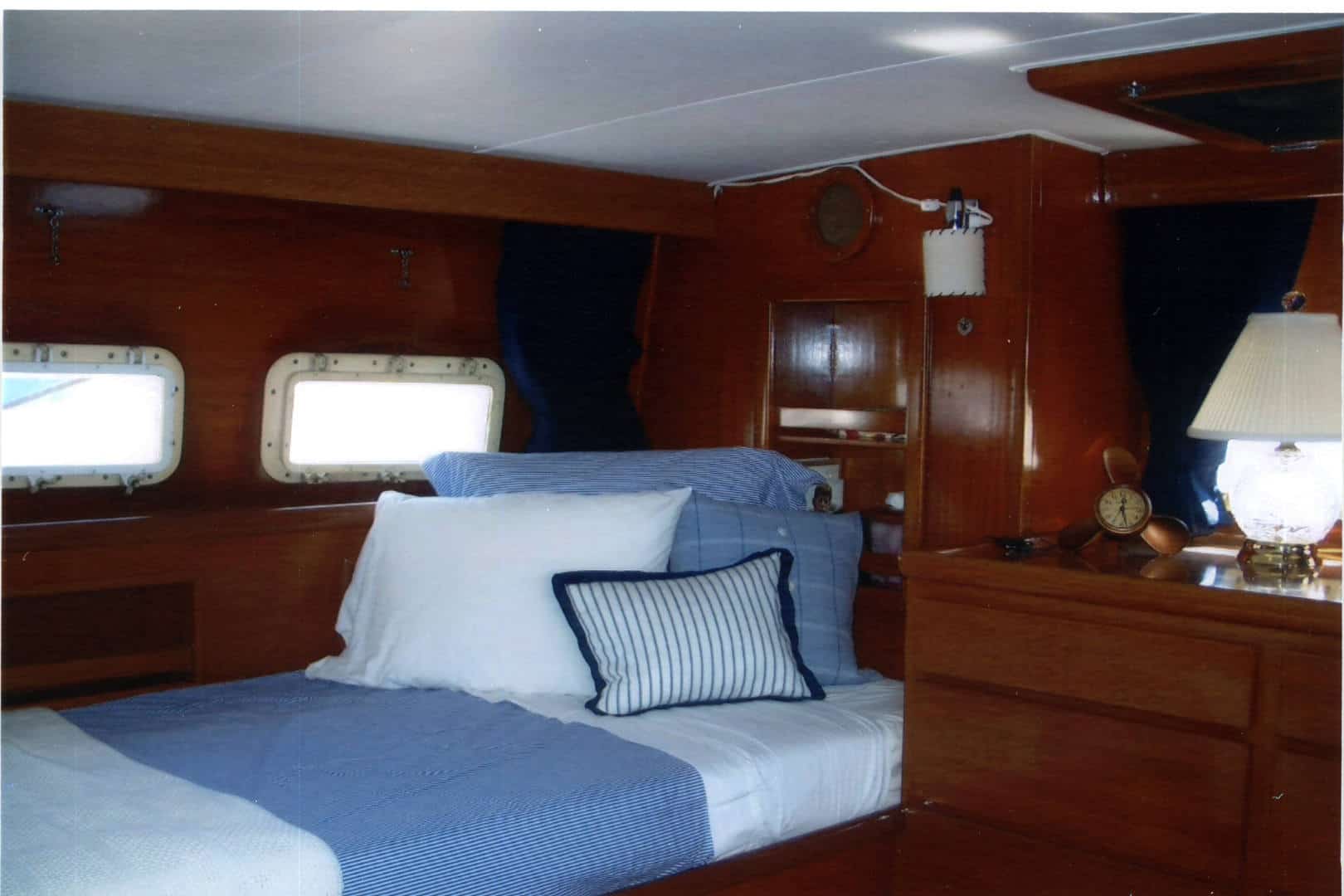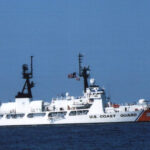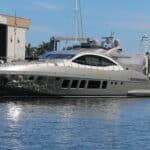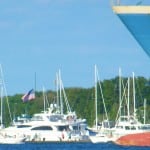|
“…the USS Nicholas was on a counter-piracy mission in the Indian Ocean when, lit to disguise itself as a merchant vessel, it encountered the defendants shortly after midnight on April 1, 2010.
In an interesting opinion, the United States Court of Appeals for the Fourth Circuit entertained appeals from several Somali pirates captured after a failed attack on the USS NICHOLAS, a Navy vessel disguised as a merchant ship. The pirates were captured and returned to the Eastern District of Virginia in the United States, where they were convicted of piracy, among other crimes, and sentenced to life plus 80 years.
Various appeals were filed, however, one of the more interesting arguments set forth by the defense was that their failed attack on the USS Nicholas did not constitute “piracy” as it is used in 18 U.S.C. § 1651 because they did not take any property (presumably because they were not given the chance). The Fourth Circuit, however, agreed with the district court that § 1651 “incorporates a definition of piracy that changes with advancements in the law of nations,” and upheld the convictions despite the fact that defendants were captured before the requisite stealing had occurred.
Continue reading the full opinion here: http://www.ca4.uscourts.gov/opinions/Published/114310.p.pdf
|
-
Latest Posts
- Charleston, SC Boating Accident Lawyers
- Unraveling the Legal Tapestry of South Carolina Construction Defect Litigation
- SCOTUS – The Sun Sets on Wilburn Boat: A Big Win for the Insurer, But Not For the Insured
- Anchoring Justice: Protecting Mariners Facing Allegations of Sexual Assault and Harassment in U.S. Coast Guard Suspension and Revocation Proceedings
- Read This If You Are Buying A Vessel Built Outside the United States!!
- Common Issues With Buying and Selling Used Boats


